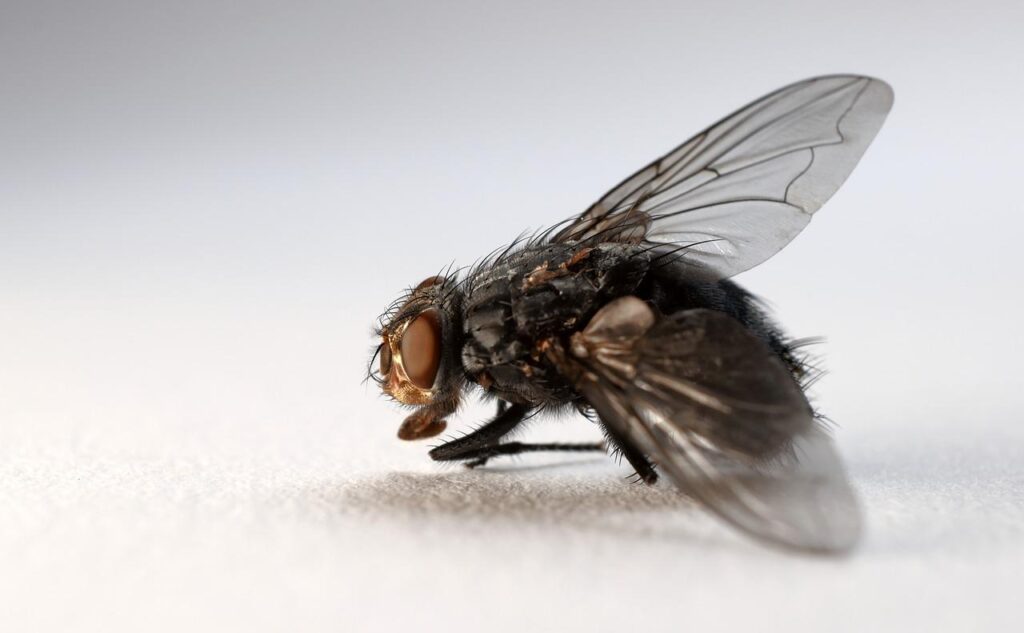Housefly is one of the common insects – others are ants and cockroach to mention but few – that lives in proximity or close association with human beings. This unique creature feeds on human wastes, water or liquids and foodstuffs including garbage, excreta, animal dung and so on and so forth. Co-habiting with this interesting insect leaves public health issues on its trail. Their ecological role in breaking down or recycling organic matter notwithstanding, houseflies are known to be vectors or causative agents of diseases. In addition, they could constitute unnecessary nuisance to humans in their numbers.
As this write-up is not about the housefly per se, it will be important to alert readers early about my intention to draw an analogy to human behaviour using “leadership lens” from the subject under scrutiny. I recently watched Fola Daniel Adelesi’s interview on YouTube where he explained the “Crab mentality”. According to Wikipedia, “Crab mentality also known as crab theory, crab in a bucket mentality or crab-bucket effect is a way of thinking best described by the phrase “if I can’t have it, neither can you”. The metaphor is derived from a pattern of behaviour noted in crabs when they are trapped in a bucket. While any one crab could easily escape, its efforts will be undermined by other, ensuring the group’s collective demise”.
Whereas “crab mentality” addresses group behaviour, the “housefly mentality” discussed here could apply to either individual or corporate organisation’s behaviour that have potential for actualizing unintended consequence(s). As a young boy growing up, I used to wonder why a housefly that perched on sweet drinks finds it difficult to withdraw. In such delicate situation, the housefly lacks both self-awareness and situational awareness without which self-discipline is impossible to activate. Embedded in self-discipline is self-control which is the ability to regulate or alter one’s responses to avoid undesired behaviours. Self-discipline is the ability to control yourself in such a manner that you work hard or behave in certain ways without external parties’ influence.
Housefly doesn’t intend to die in sweet drinks and likewise any individual involved in unethical “enjoyment” will self-destruct surreptitiously. Leading through storytelling is not new. African folktales or what is also known as “tales by moonlight” had been variously accredited with imparting moral lessons for work and life situations. The tell-tales of corporate organisations like Enron and WorldCom have become landmark leadership and management case-studies on ethical standards. Desire for illicit wealth, fame and power feed greed. Insatiable greed leads to self-crucifixion. At individual level, it’s important to demonstrate high level of self-discipline so you don’t end the way of the recalcitrant housefly.



